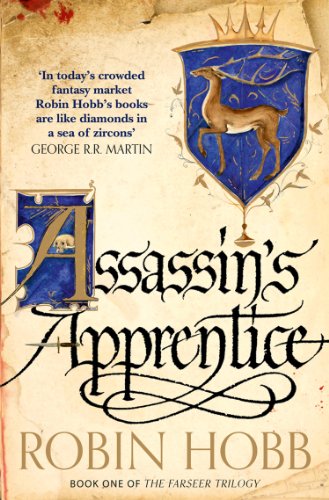An old St Oswald’s proverb goes: It is easier for a camel to pass through the eye of a needle than for a woman to enter these gates. Well, not only have I entered, but now the gates are my gates, and the rules are my rules. The mistake you made was one of scale. Men always do, used as they are to taking the main entrance. Women must be more discreet. All we need is a narrow door. And when we have crept in unseen, like a spider through a keyhole, we spin ourselves an empire of silk, and fill you with astonishment. [loc. 108]
The final instalment in the St Oswald's trilogy, which began with Gentlemen and Players and continued with Different Class. For the first time in five hundred years, the headmaster of St Oswald's Academy (formery St Oswald's School for Boys: now co-educational) is a woman, Rebecca Buckfast, forty years old and fearsomely competent. There are tragedies in Rebecca's past, beginning with the still-unresolved disappearance of her brother Conrad when she was just five years old. When Roy Straitley's star pupils find human remains on the site where a new swimming pool is being erected, Rebecca can't help wondering if the secrets hidden in her own repressed memories will finally be revealed. For she has some vague, confused recollections (Mr Smallface, the green door, a pair of feet) of the last time she saw Conrad ...
Meanwhile, Straitley is finally almost ready for retirement. His health isn't good; he's appalled by the influx of girls; he's having to deal with preferred pronouns, and he's mourning the death of his old, disgraced friend Eric. He discovers that 'La Buckfast' taught at the neighbouring grammar school, King Henry's -- where Conrad was a pupil -- and that her time there overlapped with Eric's years at that establishment. In return for her 'full explanation' (including her time at King Henry's), he agrees to delay calling in the police to investigate the bones found at the building site. But the tale spins out in unexpected directions, and Rebecca's past is revealed, not only to Straitley, but to herself.
A deeply unsettling novel about memory and forgetfulness, about the glorification of the dead, about ties of friendship and the amorality of children. The sections of the novel are (mostly) named after the rivers of the underworld in Greek mythology, which helps to emphasise the story arcs: from Acheron (woe) through Lethe (forgetfulness) and Styx (hatred) ... and finally to Elysium. The alternating narratives -- Rebecca telling the story of her life, with her daughter and her husband, and the shadow of Conrad hanging over her relationship with her parents; Straitley musing on her story, on his own past and on his deteriorating health -- is beautifully paced. Straitley has less agency in this novel than in the previous volumes: he's more of a captive audience to the Scheherazade-figure of Rebecca Buckley. It's very much Rebecca's story, in the end, and as the trailing threads -- from throwaway comments to a child's interpretation of a traumatic event -- are knitted tidily into the story, it's clear that Rebecca has influenced events more than Straitley would have imagined.
I read Harris' Malbry novels over the course of a week, including a hasty reread of Gentlemen and Players, and this immersion was a powerful experience: somewhat claustrophobic, wholly engaging, surprisingly emotional. I've enjoyed Harris' other novels, but these dark psychological mysteries are something else: something unsettling, meticulous, densely plotted, human and humane.















